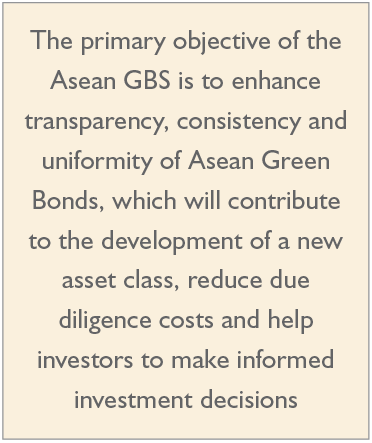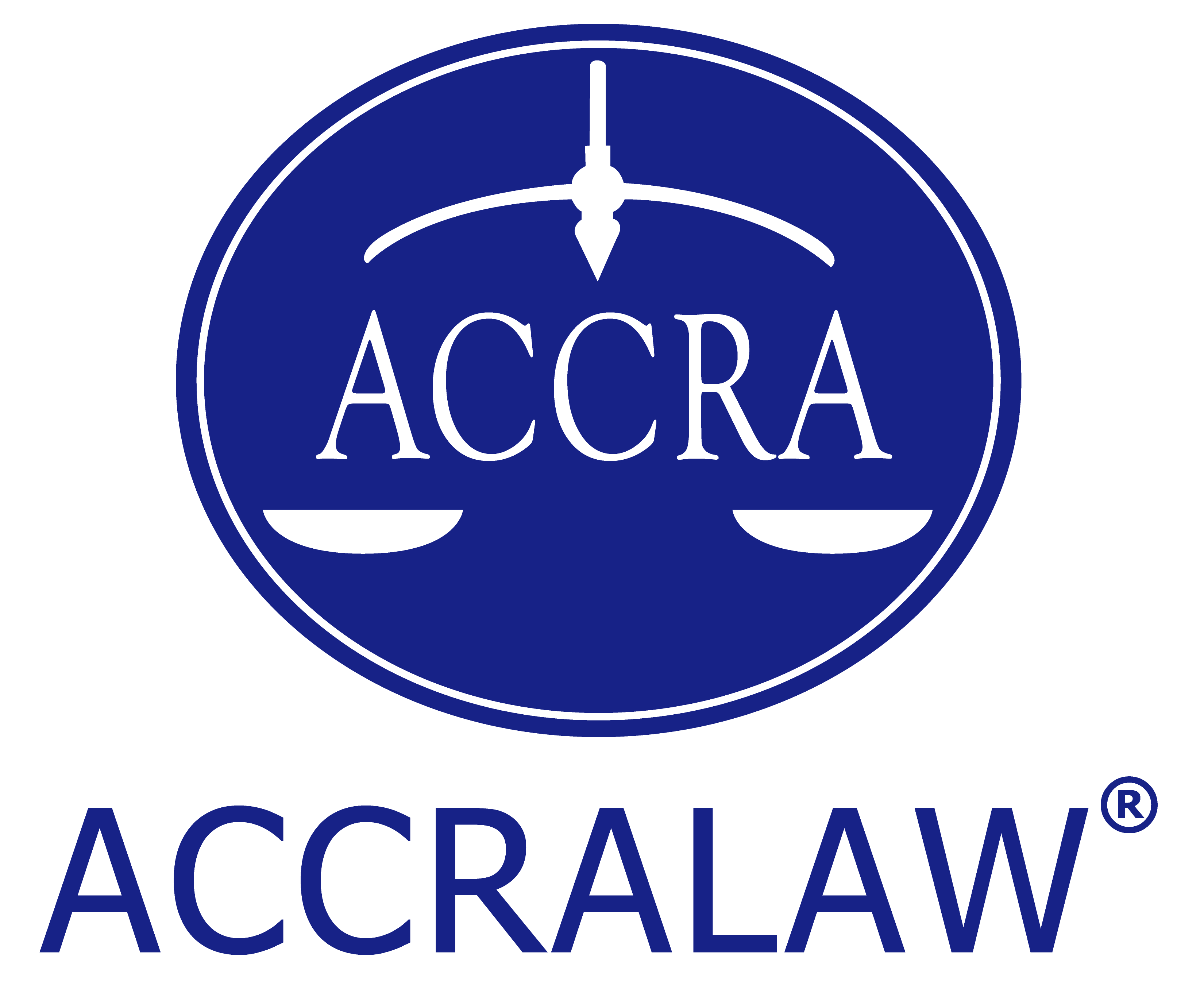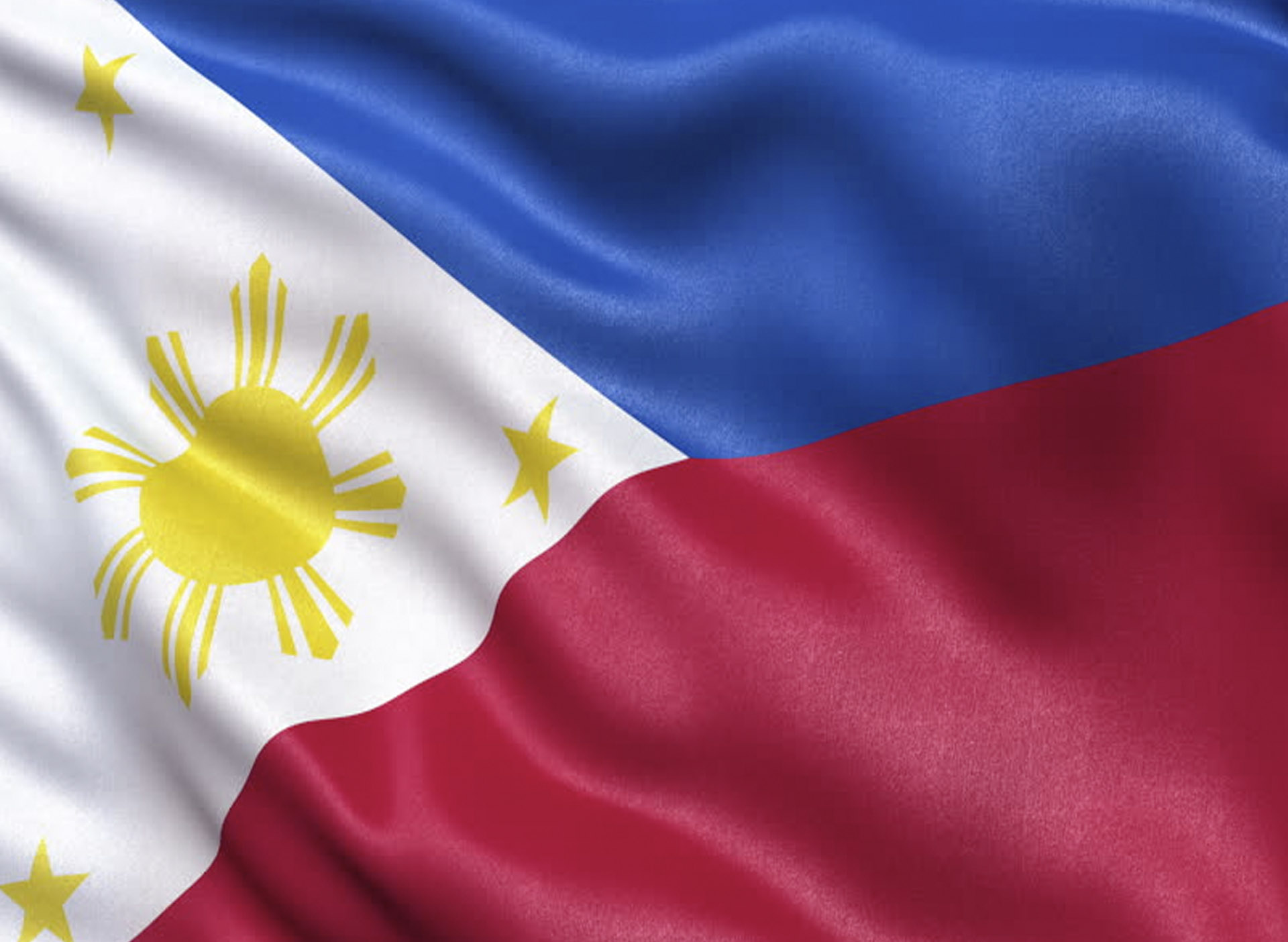
By Philip James C Tidoso, ACCRA Law
“When the last tree has been cut down, the last fish caught, the last river poisoned, only then will we realise that one cannot eat money.” – Native American saying
In a recent report released by the leading international body for assessment of climate change, the UN Intergovernmental Panel on Climate Change (UN IPCC), established a target global warming limit of 1.5°C. To maintain this global warming limit requires rapid and far-reaching transitions in energy, land, urbanisation and infrastructure, and industrial systems around the world. This is described as the largest clarion bell from the science community that hopes to mobilise people and dents the mood of complacency.
What was previously perceived as a political concession to small island states’ vulnerability to rising water levels, the 1.5°C global warming limit is now seen as a necessity. Although it lies at the most ambitious end of the Paris agreement pledge to keep temperatures between 1.5°C and 2°C, the UN IPCC says that the target is affordable and feasible.
We are already experiencing the destructive consequences of the unprecedented rise in global climate. Therefore, measures to mitigate climate change should be implemented now more than ever.
Following an increase in global initiative to invest in green projects, the Green Bonds Principle was developed. Based thereon, the Asean promulgated its Asean Green Bonds Standards (GBS). These principles govern issuance of bonds to finance green projects and ensure that the proceeds are really used for that purpose.
In turn, the Philippine Securities and Exchange Commission (SEC) issued SEC Memorandum Circular No. 12, Series of 2018, “Guidelines on the Issuance of Green Bonds Under the ASEAN Green Bonds Standards in the Philippines”, which took effect last September 2018.
With the increasing amount of global capital, the primary objective of the Asean GBS is to enhance transparency, consistency and uniformity of Asean Green Bonds, which will contribute to the development of a new asset class, reduce due diligence costs and help investors to make informed investment decisions.
The eligible green projects under the Asean GBS include but are not limited to renewable energy, clean transportation and climate change adaptation.
 The issuance of the said SEC Memorandum effectively supplements Section 8 and 12 of the Securities Regulations Code, which primarily governs the registration and non-financial disclosure requirements for securities prior to issuance.
The issuance of the said SEC Memorandum effectively supplements Section 8 and 12 of the Securities Regulations Code, which primarily governs the registration and non-financial disclosure requirements for securities prior to issuance.
The GBS requires that the issuer should disclose in the documentation for issuance the utilisation of the proceeds of the Asean Green Bonds and the project evaluation and selection process. The issuer is also required to make publicly available the same information through an issuer-designated website.
Hopefully with the promulgation of the Asean GBS in our jurisdiction, local and foreign investors seeking green projects will be able to pour in needed capital to start and sustain green projects, at the same time allowing project proponents or issuers of green bonds to tap the capital market.
Apart from creating a market for investors of green projects, this recent development invites businesses to be actively part of the environmental advocacy community to mitigate climate change and its baleful effects.
Provided these Asean Green Bonds acquire high prominence and are used as intended, this could well address the demand for the rapid and far-reaching changes that are needed.
In the UN IPCC report, experts have shown that climate change can be mitigated within the laws of physics and chemistry. The final tick box is political will. The adoption of the GBS is an effort in the right direction.
There is a growing trend of investors interested in green projects. The Philippines is the perfect example of a small island state severely affected by climate change. Connecting both dots should encourage more businesses in the Philippines to take advantage of the Asean Green Bonds in generating green capital.
Will we keep climate change a mere “hot” topic, or is this a start of an arduous process to save a world we have neglected?
The views and opinions expressed in this article are those of the author. This article is for general informational and educational purposes, and not offered as, and does not constitute, legal advice or legal opinion.
(Note: This article first appeared in Business World, a newspaper of general circulation in the Philippines.)

T: (6332) 231 4223


